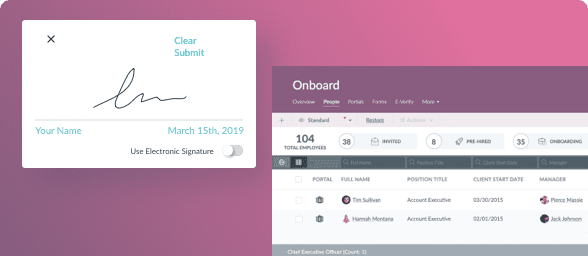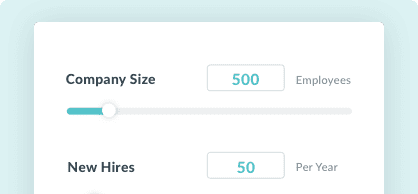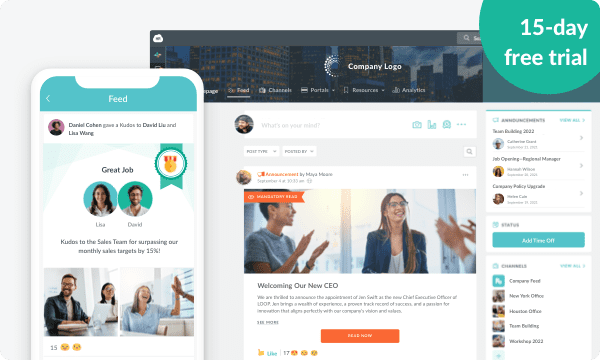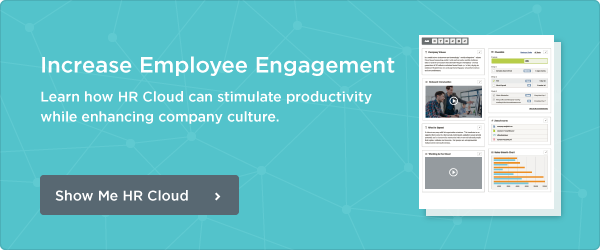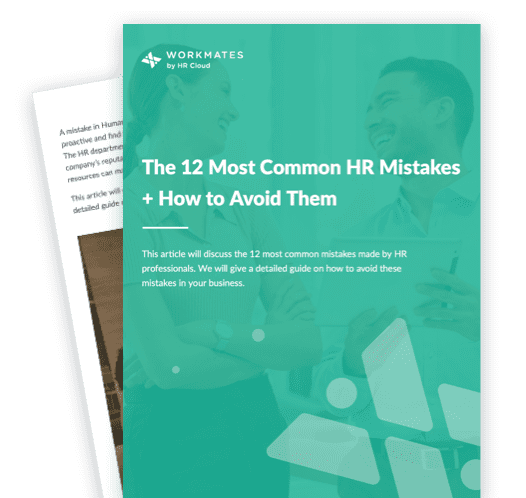
 Try
Out
Our
Try
Out
OurEmployee Engagement Software For Free
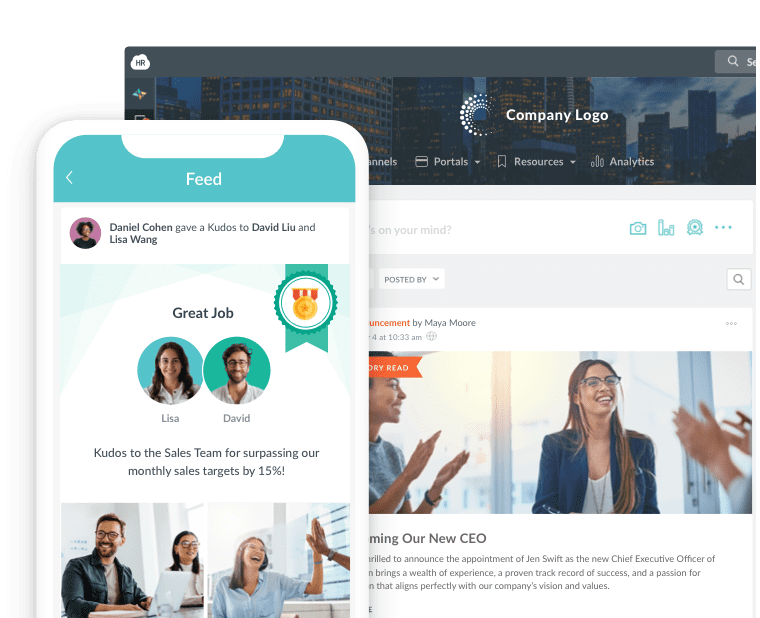
Increasing employee engagement is not a strategy although many HR professionals and organizational leaders will announce they have an “engagement strategy.” Rather, engagement is the outcome after following a series of steps (the strategy) often designed to create a better work environment, promote trust, build collaboration, and sustain the organizational culture.
Definitions of engagement may differ, but as for me, I define it as “the extent to which employee attitudes, actions, and behaviors demonstrate a commitment to and alignment with the goals of the organization.”
So what is it that strengthens employee engagement? There are usually many ‘factors of work,’ including environment, challenging work, individual motivation, and the degree to which relationships are promoted, encouraged and supported. These factors, obviously, vary by organization, so leaders first need to understand the specific drivers behind engagement within their unique culture and then devise the activities or change initiatives that can have an impact on specific critical and essential work factors.
When we talk about impacting or improving engagement at work we’re really discussing what we can do to adjust these ‘factors of work’ in order to achieve distinct desired outcomes—higher productivity, for example, or increased revenue.
Similarly, if we state we want to “increase engagement” in our organization, we need to realize that’s an outcome of our actions; engagement is not the strategy itself.
Does Increased Engagement Impact Productivity?
According to Gallup, whose most recent “State of the Global Workplace” study was released in 2013, “Low levels of engagement among global workers continue to hinder gains in economic productivity and life quality in much of the world.” They further estimate that “actively disengaged employees cost the US $450 billion to $550 billion in lost productivity per year.”
Tweet: Actively disengaged employees cost the US $450 billion per year @HRCloud
At the intersection of engagement and productivity we meet up with time and money. Undertaking efforts to improve productivity by evaluating and tweaking the work factors that have an impact requires starting with an assessment of the organization’s foundational elements. It’s necessary to determine if employees are enabled to perform productively by taking a systems view and investigating waste and inefficiency. Leaders must make sure that employees are equipped to be fully productive and ascertain if they have the appropriate tools, technologies and resources they need. It’s critical to take a deep dive and evaluate the validity and necessity of operational and legacy processes to ascertain if those processes are, in fact, outdated, ineffective or unnecessary.
It’s also important to gauge the abilities and motivations of employees. Don’t jump to the conclusion that employees are not being productive because they’re not “engaged.” It’s easy to make that assumption, and it may be incorrect.
Let’s get real. Technology has dramatically changed the way we work today. By employing technology we can help increase employee engagement.
It’s important to ask the right questions: Do employees have access to the tools and technology to enable them to work efficiently? Are systems deployed via the cloud, enabling employees immediate and easy access to information they want and when they want it? Are staff members trained in how, when, and where to get information? Can they easily connect with other employees and find the answers they need?
Those are some of the questions to ask and potentially some of the work factors to address in the quest to impact productivity. Ideally, ultimately you’ll also have an impact on engagement and the overall health of the organization.
When you evaluate the critical work factors in your organization and then define a strategy to address those that affect employee engagement, you may just find a way to impact productivity.
Now that’s a great relationship.
How does your organization encourage productivity through engagement? Let us know!
Keep Reading
Benefits of Having a Company Intranet
Company intranets have been a part of corporate life since the mid-'90s. But in the last
Top 8 Workvivo Alternatives for 2024
Meta recently announced that it is shutting down its employee communications tool
